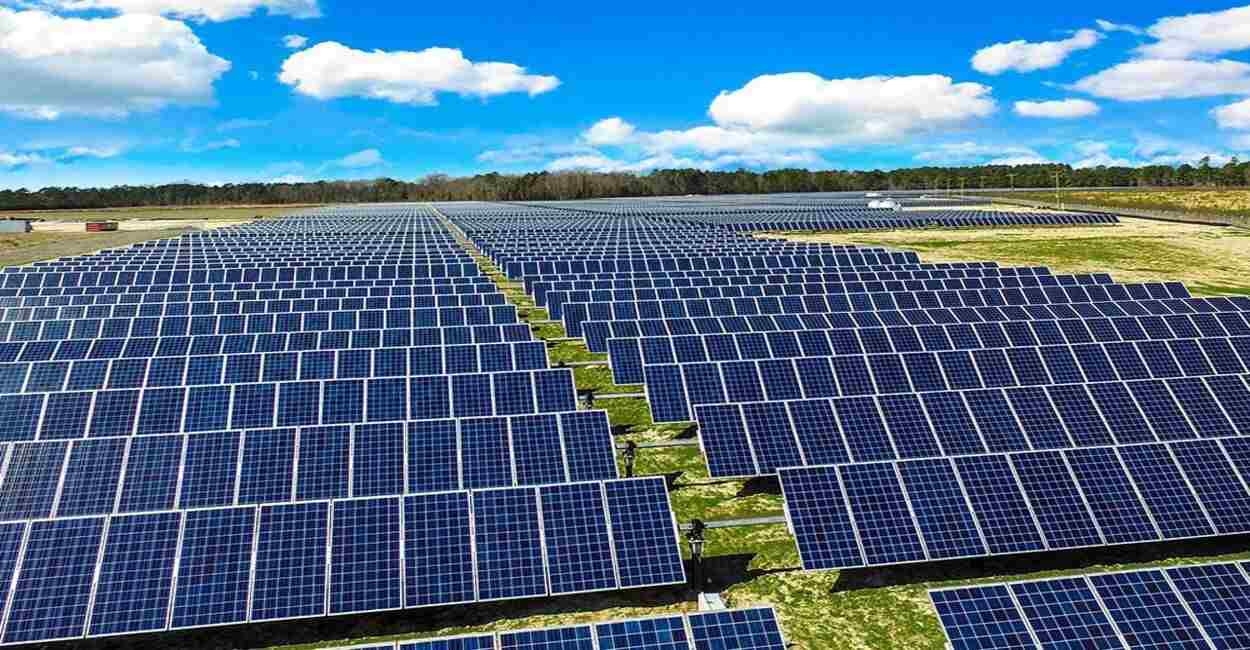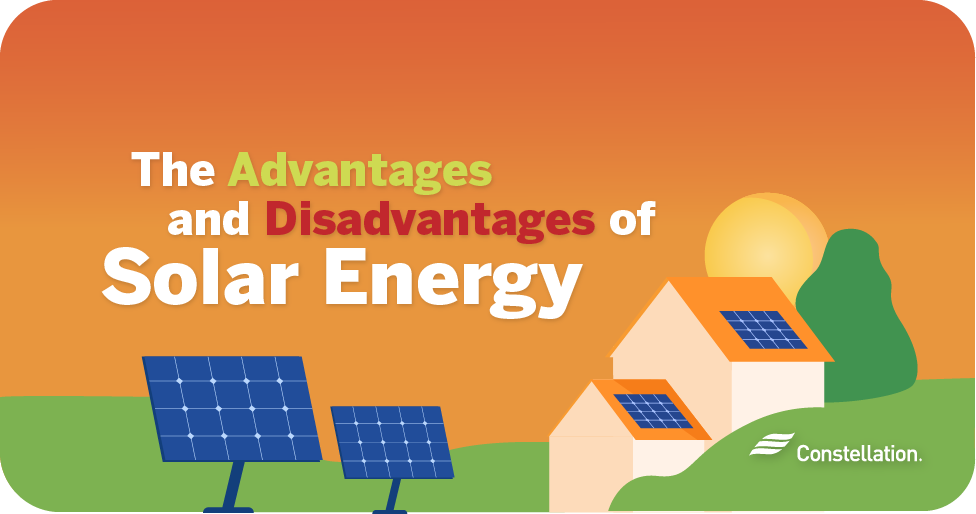Learn How Simply Solar Illinois Can Assist You Cut Costs on Energy
Learn How Simply Solar Illinois Can Assist You Cut Costs on Energy
Blog Article
How Solar Power Can Help You Save Cash and Reduce Your Carbon Impact
The assimilation of solar power into your energy profile presents an engaging opportunity for both economic cost savings and environmental stewardship. As various federal government incentives end up being available, the inquiry occurs: how can one properly navigate the first investments and continuous benefits of solar modern technology to make the most of both financial and environmental gains?
Recognizing Solar Energy Financial Savings
While the shift to solar energy frequently entails a preliminary investment, comprehending solar power savings is vital for house owners and services alike. Solar power systems can dramatically lower power costs by harnessing the sunlight's power, equating right into significant lasting economic benefits.
Additionally, solar power systems may get various financial motivations, consisting of tax obligation credit ratings and rebates, better boosting their cost-effectiveness. The accessibility of net metering enables users to sell excess power back to the grid, producing an additional revenue stream. These variables add to the total financial savings connected with solar energy.

Along with direct monetary savings, solar power provides the added advantage of boosting home worth. Houses furnished with photovoltaic panels are commonly more appealing to buyers, as they promise reduced power expenses - Simply Solar Illinois. Comprehending these components is crucial for any person considering solar power, as it highlights not simply the potential financial gains, but also the broader ecological and financial advantages of embracing renewable resource solutions
First Prices vs. Long-Term Perks
When assessing solar energy, it is crucial to consider the preliminary prices against the lasting advantages. The in advance investment for photovoltaic panels, installation, and related tools can be substantial, commonly ranging from $15,000 to $30,000, depending on the system dimension and home power needs. This first expenditure might prevent some property owners; however, it is essential to take into consideration the prospective savings gradually.
Once mounted, solar energy systems can considerably lower or also eliminate regular monthly electricity costs, bring about substantial long-lasting financial benefits. Researches indicate that home owners can conserve anywhere from $10,000 to $30,000 over the lifespan of their solar system, typically 25 years. Furthermore, numerous states use motivations, tax obligation debts, and rebates that can offset first expenses, making solar much more easily accessible.

Lowering Your Carbon Footprint
Lowering your carbon footprint is an essential consideration in today's eco conscious culture, and adopting solar energy is one of one of the most reliable methods to achieve Continued this objective. Solar energy is a clean, eco-friendly resource that substantially diminishes reliance on nonrenewable fuel sources, which are major contributors to greenhouse gas exhausts.

Additionally, the extensive adoption of solar modern technology motivates the development of eco-friendly jobs and sustains developments in energy storage space and effectiveness. The even more individuals and companies invest in solar energy, the greater the cumulative reduction in carbon discharges, cultivating a cleaner environment for future generations.
Federal Government Incentives and Discounts
Taking on solar power not just benefits the atmosphere yet can also bring about significant monetary cost savings, especially with the accessibility of federal government incentives and rebates. Numerous federal, state, and regional programs are made to encourage house owners and companies to invest in solar power systems, making the change much more economical.
One of the most noticeable incentives is the Federal Financial Investment Tax Obligation Credit Score (ITC), which enables planetary system proprietors to subtract a substantial percent of the installment costs from their federal taxes. This reward has been critical in minimizing the in advance expenditures linked with solar power systems. Additionally, numerous states provide their own tax obligation credit ratings, gives, and rebates that can better boost financial savings.
Moreover, some city governments give real estate tax exemptions for solar setups, making sure that house owners do not encounter raised building tax obligations as an outcome of their renewable resource financial investments. Energy business may additionally supply rewards, including web metering and feed-in tariffs, which allow solar energy customers to market excess power back to the grid.
Selecting the Right Solar System
Selecting the suitable solar system is essential for optimizing power effectiveness and monetary benefits. The decision rests on numerous elements, including power requirements, budget plan, and offered area. Homeowners need to start by evaluating their electrical power Related Site consumption to identify the system size needed for ideal efficiency.
Next, think about the different kinds of solar modern technologies available. Simply Solar Illinois. Photovoltaic (PV) panels are the most usual, converting sunshine directly into electrical energy, while solar thermal systems concentrate on home heating water. Each type has distinctive advantages relying on private needs
Budget plan factors to consider are also extremely important. First installation costs can differ substantially, so it is essential to contrast quotes from numerous carriers and check out financing options. Government motivations and rebates can even more minimize the financial concern, making planetary systems more easily accessible.
Conclusion
The ecological benefits of solar power contribute to lasting methods important for combating climate change. Government motivations boost the usefulness of solar technology fostering, urging a shift towards a cleaner, more financially effective power resource.
Report this page